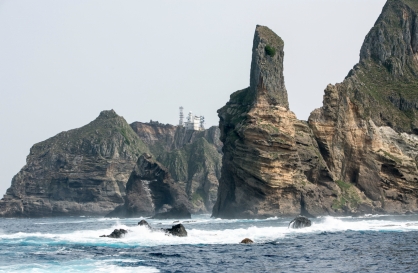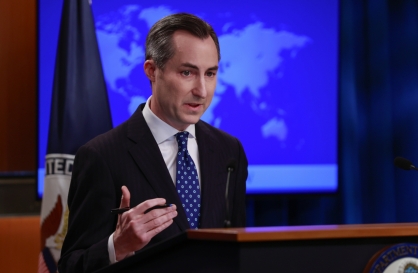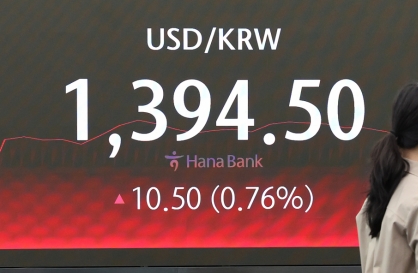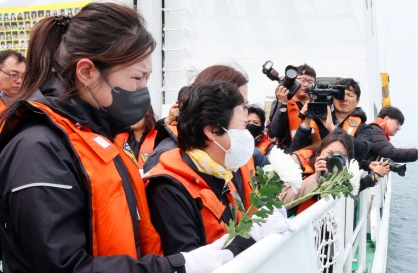SOREK, Israel (AP) ― After experiencing its driest winter on record, Israel is responding as never before ― by doing nothing.
While previous droughts have been accompanied by impassioned public service advertisements to conserve, this time around it has been greeted with a shrug ― thanks in large part to an aggressive desalination program that has transformed this perennially parched land into perhaps the most well-hydrated country in the region.
“We have all the water we need, even in the year which was the worst year ever regarding precipitation,” said Avraham Tenne, head of the desalination division of Israel’s Water Authority. “This is a huge revolution.”
By solving its water woes, Israel has created the possibility of transforming the region in ways that were unthinkable just a few years ago. But reliance on this technology also carries some risks, including the danger of leaving a key element of the country’s infrastructure vulnerable to attack.
Situated in the heart of the Middle East, Israel is in one of the driest regions on Earth, traditionally relying on a short, rainy season each winter to replenish its limited supplies. But rainfall only covers about half of Israel’s water needs, and this past winter, that amount was far less.
According to the Israeli Meteorological Service, northern Israel, which usually gets the heaviest rainfalls, received just 50 to 60 percent of the annual average.
Tenne said the country has managed to close its water gap through a mixture of conservation efforts, advances that allow nearly 90 percent of wastewater to be recycled for agricultural use and, in recent years, the construction of desalination plants.
Since 2005, Israel has opened four desalination plants, with a fifth set to go online later this year. Roughly 35 percent of Israel’s drinking-quality water now comes from desalination. That number is expected to exceed 40 percent by next year and hit 70 percent in 2050.
The Sorek desalination plant, located roughly 15 kilometers south of Tel Aviv, provides a glimpse of that future.
With a loud humming sound, the massive complex produces roughly 20 percent of Israel’s municipal water, sucking in seawater from the nearby Mediterranean through a pair of 2.5-meter-wide pipes, filtering it through advanced “membranes” that remove the salt, and churning out clean drinking water. A salty discharge, or brine, gets pumped back into the sea, where it is quickly absorbed. The facility, stretching nearly six football fields in length, opened late last year.
Avshalom Felber, chief executive of IDE Technologies, the plant’s operator, said Sorek is the “largest and most advanced” of its kind in the world, producing 624,000 cubic meters of potable water each day. He said the production cost is among the world’s lowest, meaning it could provide a typical family’s water needs for about $300 to $500 a year.







